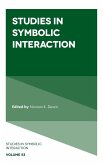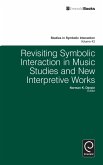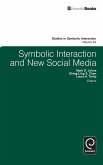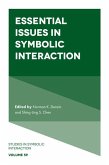At the heart of the sociological enterprise is the idea that human behavior is the product of community life; that people's behaviors cannot be reduced to individual properties. A major task facing sociologists ( and social scientists more generally), revolves around the study of the accomplishment of intersubjectivity; that is, indicating how people become social entities and how they attend to one another and the products of human endeavor on a day-to-day basis. Taking issue with both positivist and postmodernist orientations to the social sciences, the approach taken here insists that the theory and methods of the social sciences respect "the actualities of human group life." The objective is to establish a greater (epistemological) coherence between the theory, methods, and research which typifies the social sciences, and the actual, ongoing practices and experiences of those who constitute the human community. This necessitates a radical reorientation of our images of science generally, but most particularly of the "scientific method" as this pertains to the study of the human condition. Focusing on the "doing" of everyday life, this volume examines a series of theoretical and methodological issues entailed in an interpretive/ethnographic study of human group life. The ideas developed here deal with the historical roots, assumptions, variants, concepts and literature characterizing an interpretive/ethnographic approach to the study of human behavior and examine many of the major issues and obstacles facing those embarking on the study of human lived experience.
Hinweis: Dieser Artikel kann nur an eine deutsche Lieferadresse ausgeliefert werden.
Hinweis: Dieser Artikel kann nur an eine deutsche Lieferadresse ausgeliefert werden.








